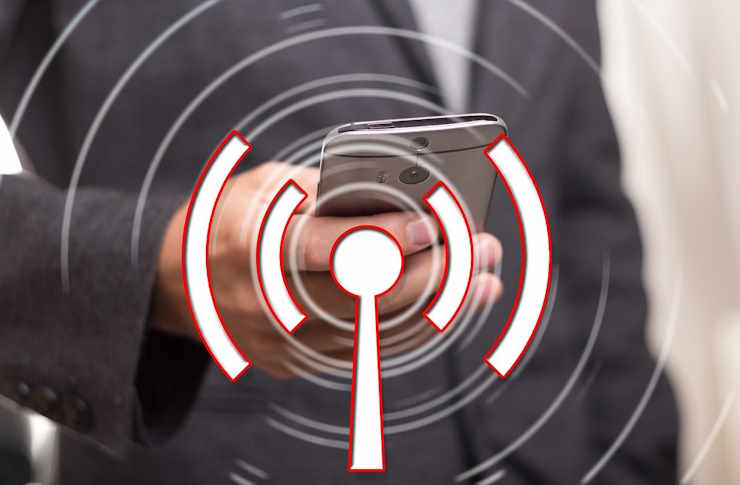Chronobiology: Harnessing Your Body's Natural Rhythms for Optimal Health
Tick-tock goes the clock, but did you know your body has its own internal timekeeper? This hidden conductor orchestrates a symphony of biological processes, influencing everything from your sleep patterns to your metabolism. But what if you could tap into this innate rhythm to revolutionize your health and well-being? Welcome to the fascinating world of chronobiology – where science meets the art of living in harmony with your body's natural cycles.

This intricate system doesn’t just control our sleep-wake cycle. It influences hormone production, body temperature, metabolism, and even cognitive function. Understanding and aligning with these rhythms can significantly impact our overall health and performance.
The Ripple Effect of Circadian Disruption
In our modern, 24/7 society, we often find ourselves at odds with our natural rhythms. Late-night screen time, shift work, and jet lag are just a few factors that can throw our internal clocks into disarray. This misalignment, known as circadian disruption, can have far-reaching consequences on our health.
Research has linked circadian disruption to a host of health issues, including obesity, diabetes, cardiovascular disease, and even certain types of cancer. It can also affect mental health, contributing to mood disorders and cognitive decline. By understanding the importance of our circadian rhythms, we can take steps to protect and optimize our health.
Chronotypes: Are You a Lion, Bear, Wolf, or Dolphin?
Not all internal clocks tick to the same rhythm. Chronobiology has identified different chronotypes – individual variations in circadian rhythms that influence our optimal times for sleep, productivity, and various activities. Understanding your chronotype can help you align your daily schedule with your body’s natural peaks and troughs.
The four main chronotypes are:
-
Lions: Early risers who are most productive in the morning
-
Bears: Those who follow the solar cycle, peaking mid-morning and early evening
-
Wolves: Night owls who are most alert and creative in the evening
-
Dolphins: Light sleepers with irregular sleep patterns
By identifying your chronotype, you can optimize your daily routine for better health, productivity, and overall well-being.
Chrono-Nutrition: Eating in Sync with Your Body Clock
The concept of chrono-nutrition takes the principles of chronobiology and applies them to our eating habits. It’s not just about what we eat, but when we eat it. Our metabolic processes, including insulin sensitivity and nutrient absorption, fluctuate throughout the day in accordance with our circadian rhythms.
Research suggests that aligning our meal times with our body’s natural rhythms can have significant health benefits. For example, eating earlier in the day when our insulin sensitivity is at its peak may help with weight management and reduce the risk of type 2 diabetes. Similarly, avoiding late-night snacking can support better sleep quality and metabolic health.
Harnessing Light for Better Health
Light is the primary zeitgeber (time giver) for our circadian rhythms. In our modern world of artificial lighting and screen time, we often disrupt our natural light exposure patterns. However, we can use this knowledge to our advantage.
Strategic light exposure can help regulate our circadian rhythms, improving sleep quality, mood, and overall health. This might involve:
-
Getting bright light exposure in the morning to help wake up and set the day’s rhythm
-
Using blue light-blocking glasses or apps in the evening to support melatonin production
-
Creating a dark, cool sleep environment to promote quality rest
Chronotherapy: Timing Medical Treatments for Maximum Effect
The field of chronotherapy explores how the timing of medical treatments can impact their effectiveness. Our body’s responsiveness to medications and therapies can vary throughout the day based on our circadian rhythms.
For example, studies have shown that the timing of chemotherapy can influence its efficacy and side effects. Similarly, the effectiveness of blood pressure medications may be improved by aligning dosage times with the body’s natural blood pressure rhythms.
While chronotherapy is still an emerging field, it holds promise for optimizing treatment outcomes and minimizing side effects across various medical conditions.
Chronobiology in Action: Practical Tips for Circadian Health
-
Maintain consistent sleep and wake times, even on weekends
-
Expose yourself to natural light early in the day
-
Avoid blue light from screens 2-3 hours before bedtime
-
Time your meals consistently, avoiding late-night eating
-
Exercise at regular times to help reinforce your circadian rhythm
-
Consider your chronotype when scheduling important tasks or meetings
-
Create a bedtime routine to signal to your body that it’s time to wind down
-
Use blackout curtains or a sleep mask to ensure a dark sleep environment
As we continue to unravel the mysteries of our body’s internal clock, one thing becomes clear: living in harmony with our natural rhythms can profoundly impact our health and well-being. By understanding and respecting our circadian rhythms, we can unlock new levels of vitality, productivity, and overall wellness. The key to optimal health may not lie in the latest fad diet or cutting-edge supplement, but in something far more fundamental – the ticking of our internal biological clock.




